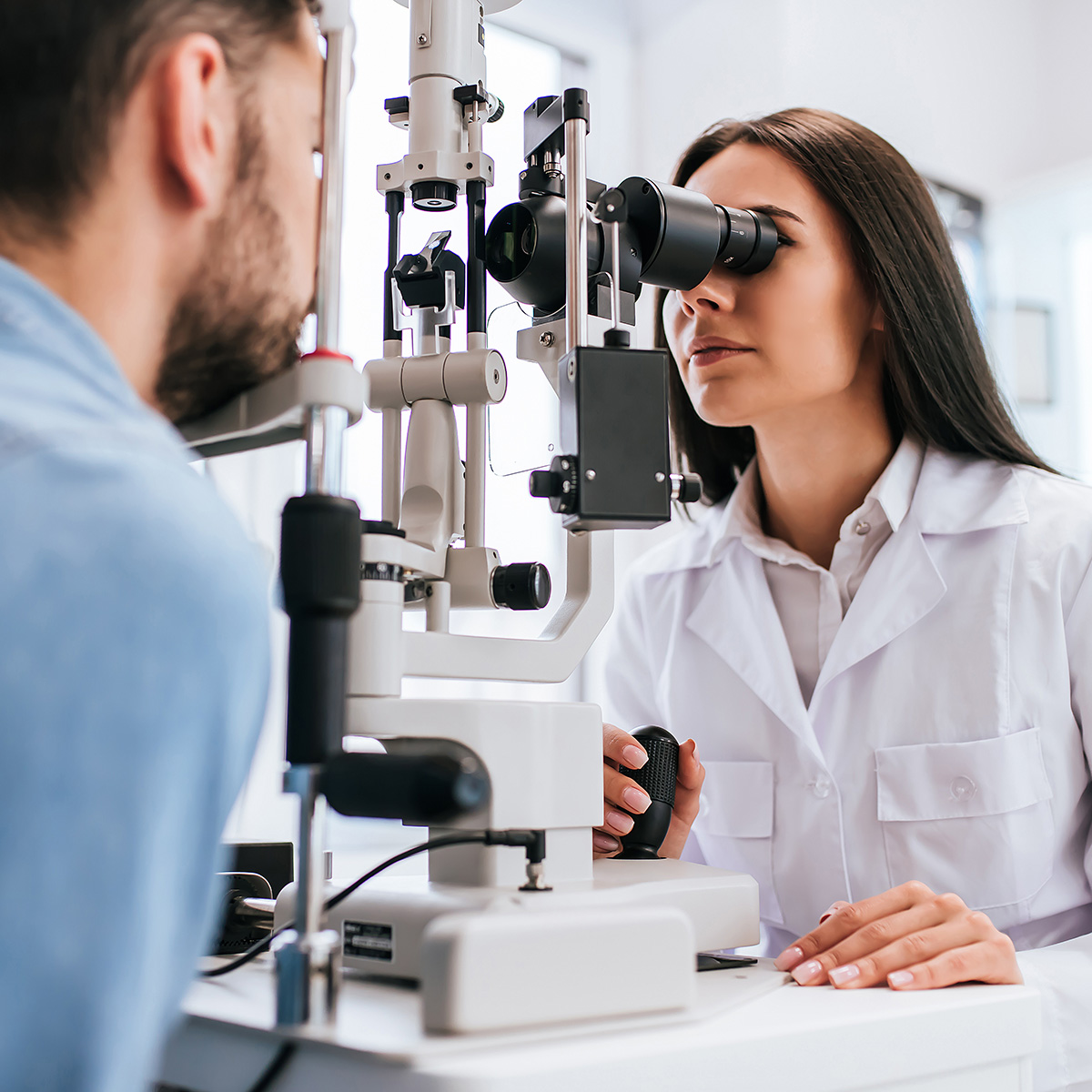Harness the Power of RPA Your Healthcare Practice
The healthcare industry deals with large amounts of data on a daily basis. Robotic Process Automation (RPA) is the key to streamlining the collection and management of this data – increase efficiency, administrative burden, and patient experience.
Reach a New Level of Efficiency with RPA
Every medical field within the healthcare industry deals with large amounts of data on a daily basis. Robotic Process Automation (RPA) is the key to streamlining the collection and management of this data. By automating both back-office and front-office tasks, you will improve processes, reduce costs, and put your human power where you need it most.
Why Robotic Process Automation for Healthcare?
Increased Efficiency, Reduced Administrative Burden, Improved Patient Experience

STREAMLINE ORDER MANAGEMENT
Automate the collection and management of data, storing it in a central location so it is easily accessible by all care providers and eliminating the need to transfer patient files and the risk of data loss.

CUSTOMIZE PATIENT CARE
Each patient is unique, and their care should be too. Personalize patient consultations by using RPA to analyze patient data and generate a plan of care that will be the most beneficial.

IMPROVE PATIENT MONITORING
Many patient conditions must be monitored regularly. RPA makes it possible to automate the remote collection, transmission and analysis of patient data, ultimately improving patient outcomes

SIMPLIFY EMPLOYEE WORKFLOWS
Tasks such as patient scheduling, appointment reminders and clinical documentation can be automated, easing the strain on resources and freeing up staff to focus on higher-value tasks.

REDUCE OVERTIME HOURS
Healthcare providers spend 10 or more hours a week on administrative duties, resulting in significant overtime. Automating administrative tasks can help reduce the amount of overtime required.

ENHANCE PATIENT COMMUNICATION
The ability to reach patients through a variety of channels is necessary in today’s world. With RPA, automate communications via phone, text message or email to maintain consistent communication.
RPA in Dentistry
Dentistry is a rapidly changing industry, yet the goal remains the same. Bring in new patients, keep existing patients coming in regularly, and successfully administering treatment plans to ensure positive patient outcomes.
Dentistry Use Cases
- Streamlined Patient Intake
- Patient Education
- Targeted Recall and Reactivation Campaigns
- Treatment Plan Follow-ups
- Review Management Program
Benefits of RPA in Dentistry
- Increase patient satisfaction by improving their end-to-end experience.
- Boost the acceptance of treatment plans for patients who are on the fence.
- Reach patients through a variety of communication channels and keep them coming back.
RPA in Chiropractic
Chiropractors are dedicated to a holistic approach to health. This requires them to be aware of every aspect of a patient’s health and have a solid, up-to-date knowledge of current medical journals.
Chiropractic Use Cases
- Analysis of Patient Data
- Medical Research
- Patient Self Check-In
- Regular and Emergency Communications
- Engagement with Online Visitors
Benefits of RPA in Chiropractic
- Personalize patient consultations and take a customized approach to patient care for the best possible results.
- Enhance patient education to make them an active participant in their health care.
- Keep patients informed about scheduled appointments and send urgent updates when required.
RPA in Optometry
Optometry is a vast discipline that requires regular and consistent check-ups and monitoring of patient eye conditions. This requires optometry practices to stay on top of patient appointments, send out reminders, and properly collect and analyze patient data.
Optometry Use Cases
- Eligibility Checks
- Claims Processing
- Data Migration
- Detailed Medical Research
- Generation of Reports
Benefits of RPA in Optometry
- Provide patients with an enhanced quality of care through improved monitoring and maintenance of their eye health.
- Improve customer experience by moving them through the claims process more quickly.
- Faster diagnosis of eye disease through comprehensive data management and medical research.
RPA in Blood Clinics
Blood clinics have patients that come in daily, by appointment and as walk-ins. Good patient flow is necessary to get these patients in, have their blood and other samples taken, and have them sent on their way as quickly as possible.
Blood Clinics Use Cases
- Scheduling Appointments
- Tracking Patient Arrival
- Monitoring of Wait Times
- Peak Demand Identification
- Respond to Patient Queries
Benefits of RPA in Blood Clinics
- Complete transparency for wait times and improved patient processing.
- Adjust staffing to accommodate busier times of day, enhancing the patient experience.
- The ability for patients to have their questions answered and access to their results more quickly and easily.
RPA in Physical Therapy
Physical therapists that see patients on an outpatient basis are required to provide end-to-end clinical services that ensure the best possible patient outcomes. At the same time, they need to minimize the administrative burden on staff members while keeping costs down.
Physical Therapy Use Cases
- Patient Scheduling
- Appointment Reminders
- Clinical Documentation
- Smooth EMR Data Transfers
Benefits of RPA in Physical Therapy
- Streamline employee workflows to help minimize the strain on resources.
- Improve the customer experience with faster onboarding and easier access to medical data.
- Eliminate manual data entry for accounts payable and accounts receivable for faster, more accurate processing.
What Our Clients Say

“When we started up a month ago, our IQbot percentage was 30%. In a month, we’ve gone up 30%. The curve is longer than previously thought, but it’s improving every day. We wish we’d done this six months ago—we would have been so much farther along.”
Lifemark Accounting Executive
RPA in Massage Therapy
Massage therapists are in the hands-on business of helping patients feel better. However, their administrative workload can have massage therapists’ hands in the wrong place, holding them back from providing the high value care they strive to give each and every patient.
Massage Therapy Use Cases
- Online Appointment Booking
- Automated Appointment Reminders
- Easy Patient Intake
- Data Management
- Payment Processing
Benefits of RPA in Massage Therapy
- The ability of massage therapists to focus more on patient care.
- A reduction in overtime hours worked, leading to a higher quality of life.
- Progress notes and assessments all in one convenient location, making it easier to monitor and communicate patient outcomes.










